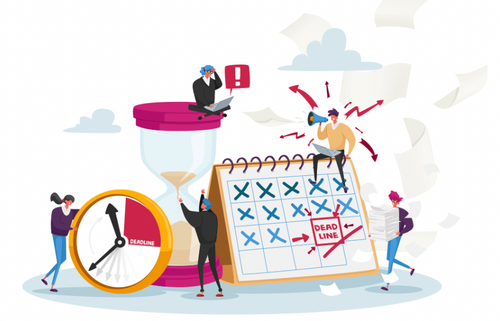We often think of stress as something obvious—panic attacks, racing thoughts, or total emotional breakdowns. But the truth is, stress can be much more subtle. It can sneak into our routines, shift our moods, and show up in our bodies long before we’re even aware something’s off.
Whether you’re navigating a busy season, juggling emotional demands, or just living in today’s fast-paced world, stress can easily build up under the surface. Here are 8 common, everyday signs that your stress levels might be running higher than you think:
1. Irritability or Mood Swings
You might find yourself snapping at people you care about, feeling on edge for no clear reason, or struggling to manage minor frustrations. Irritability is often one of the first signs your nervous system is overstimulated.
2. Mental Fog or Difficulty Focusing
When stress is high, your brain goes into survival mode—leaving little room for memory, planning, or attention. If you’ve been zoning out, rereading the same sentence, or forgetting basic tasks, it might be stress talking.
3. Disrupted Sleep
Stress can interfere with both falling and staying asleep. Maybe your mind races at night, or you’re waking up frequently and can’t get back to sleep. Even with 8 hours in bed, you might feel exhausted in the morning.
4. Changes in Appetite
Some people eat more when stressed, while others find they lose their appetite entirely. Sudden cravings, skipping meals, or mindless snacking can all be indicators of your body trying to regulate under stress.
5. Tension in the Body
Our bodies hold stress even when our minds try to push through. Common symptoms include tight shoulders, headaches, jaw clenching, and digestive issues. These physical cues are your body’s way of saying, “Hey, something’s off.”
6. Avoidance and Withdrawal
If you’re cancelling plans, procrastinating, or pulling away from things that normally bring joy or fulfillment, it could be stress. Your system might be overwhelmed and seeking rest—even if it doesn’t feel like burnout yet.
7. Increased Reliance on Coping Mechanisms
Notice yourself reaching for more caffeine, alcohol, sugar, or screen time lately? These coping strategies aren’t inherently “bad,” but over-reliance may signal that your body and mind are trying to manage a deeper stress load.
8. A Constant Sense of Being Behind
When everything feels urgent and you can’t seem to catch up, that ever-present pressure is a red flag. Feeling like you’re drowning in to-dos, even when you’re being productive, is a common sign of chronic stress.
What to Do If You Recognize These Signs
First and foremost—be gentle with yourself.
These signs don’t mean you’re failing. They mean you’re human. Stress is a natural part of life, but we often forget how it accumulates in quiet, sneaky ways. Awareness is the first step in regaining your footing.
Consider:
Building in small pauses during your day to check in with yourself
Moving your body (walks, stretching, dancing—anything that feels good)
Talking to someone—friend, therapist, or support group
Prioritizing sleep and hydration
Saying “no” to one thing to create space for rest
You don’t have to wait until burnout hits to take care of yourself. Noticing the whispers of stress means you have the chance to respond with compassion, care, and a little more breathing room.
Takeaway:
Your body and mind are wise—they often notice things before your awareness catches up. Trust their signals. Pause. Breathe. Check in. You deserve care, even (and especially) in the midst of everyday stress.

